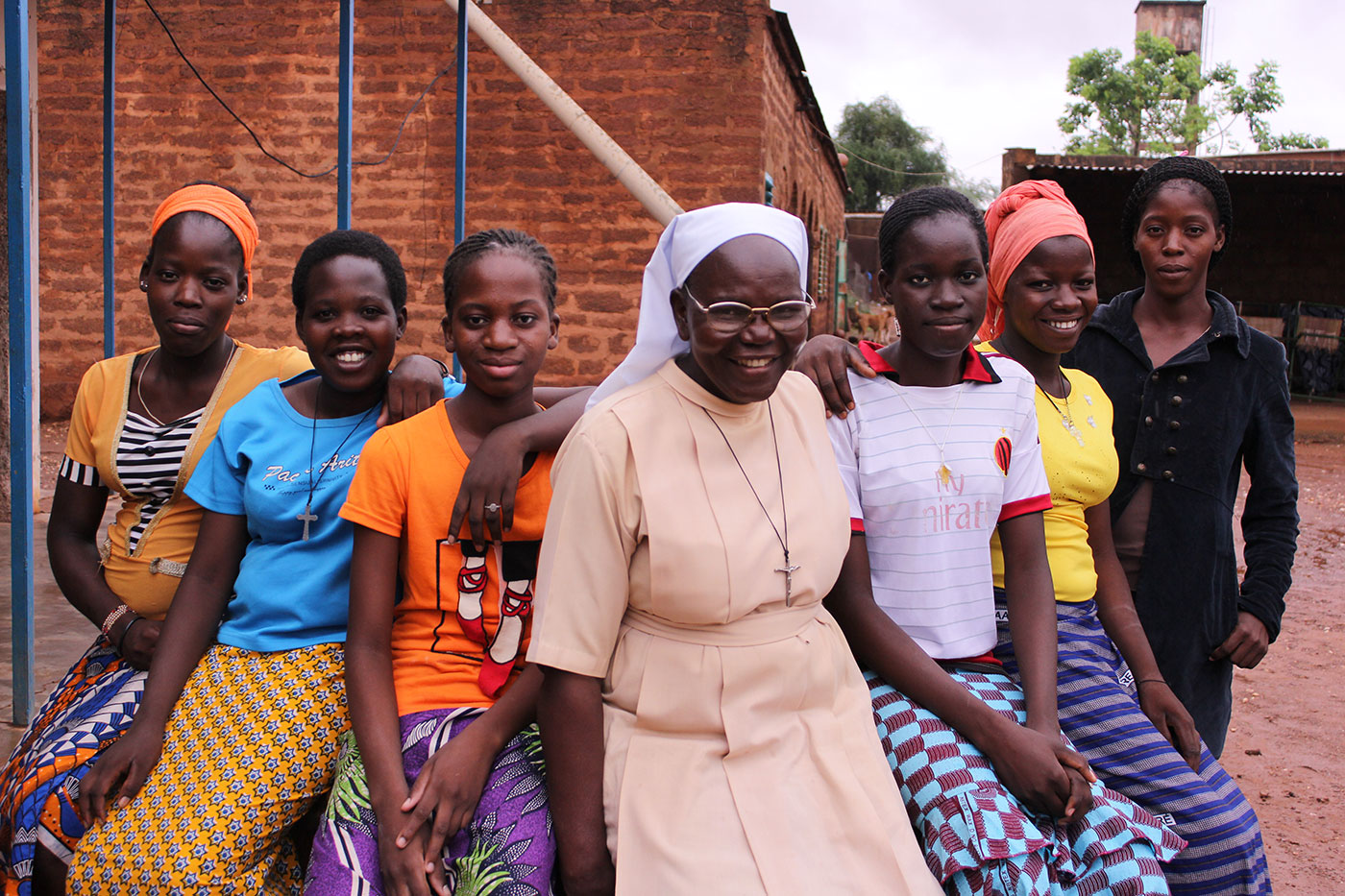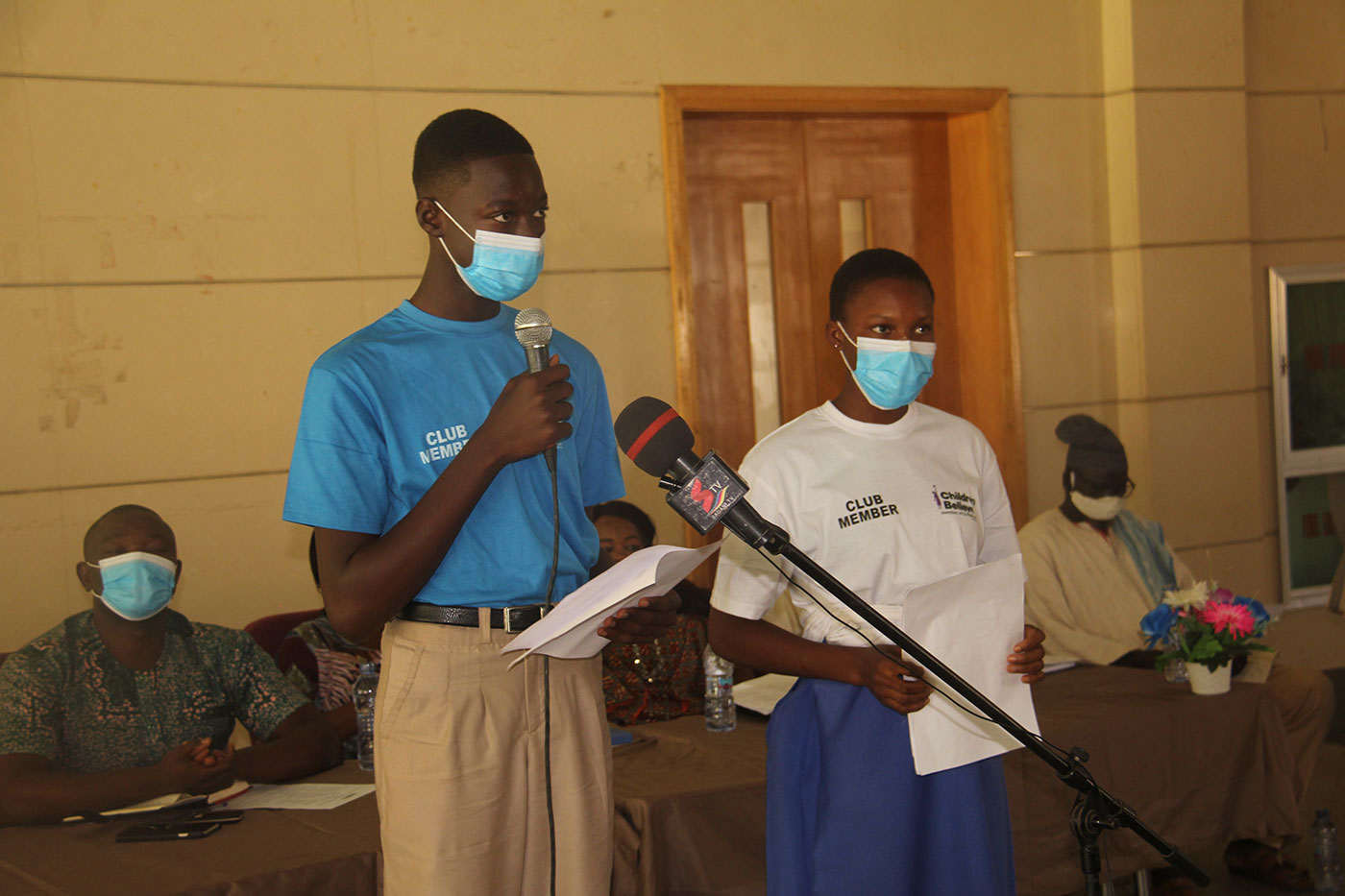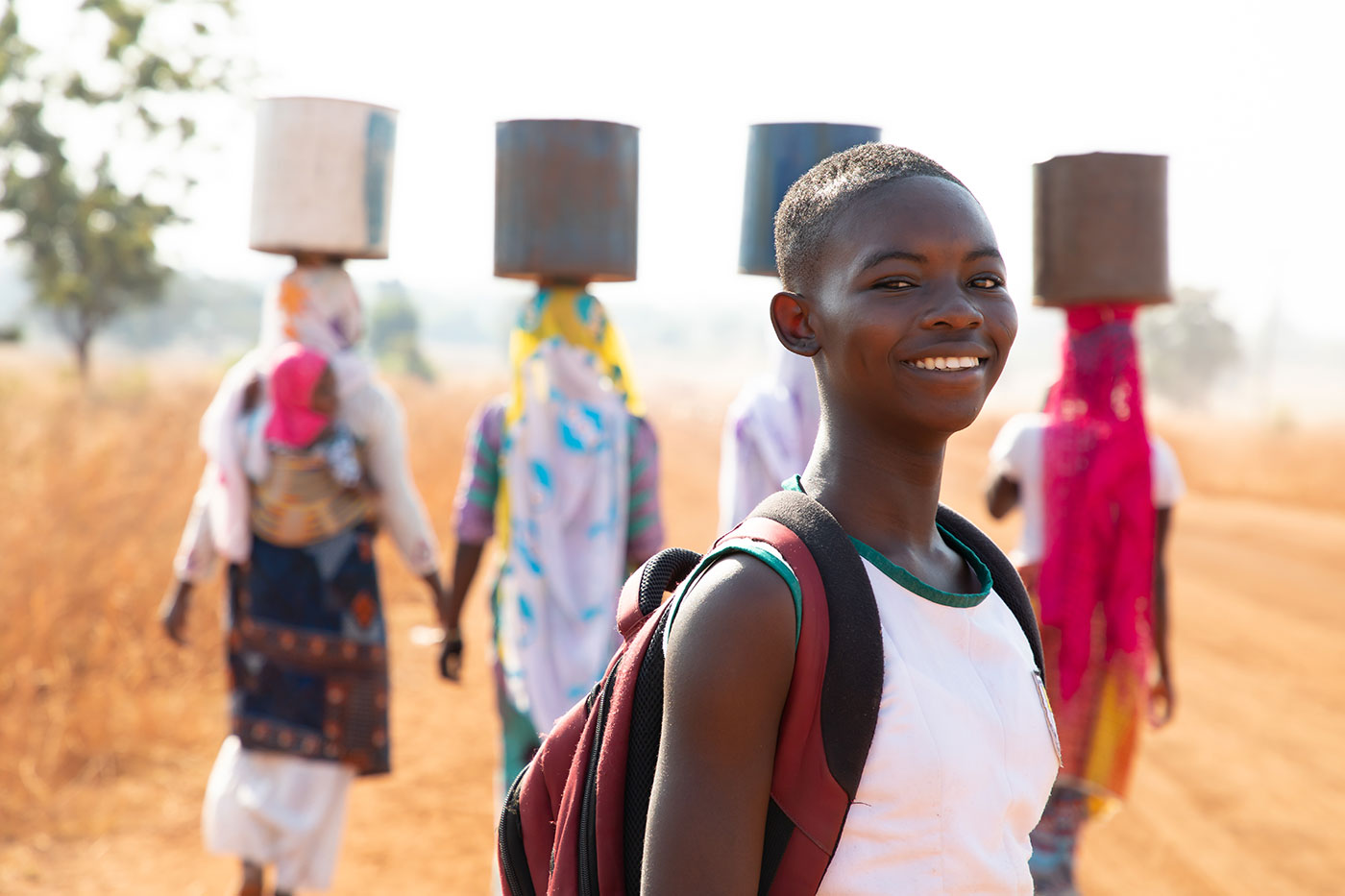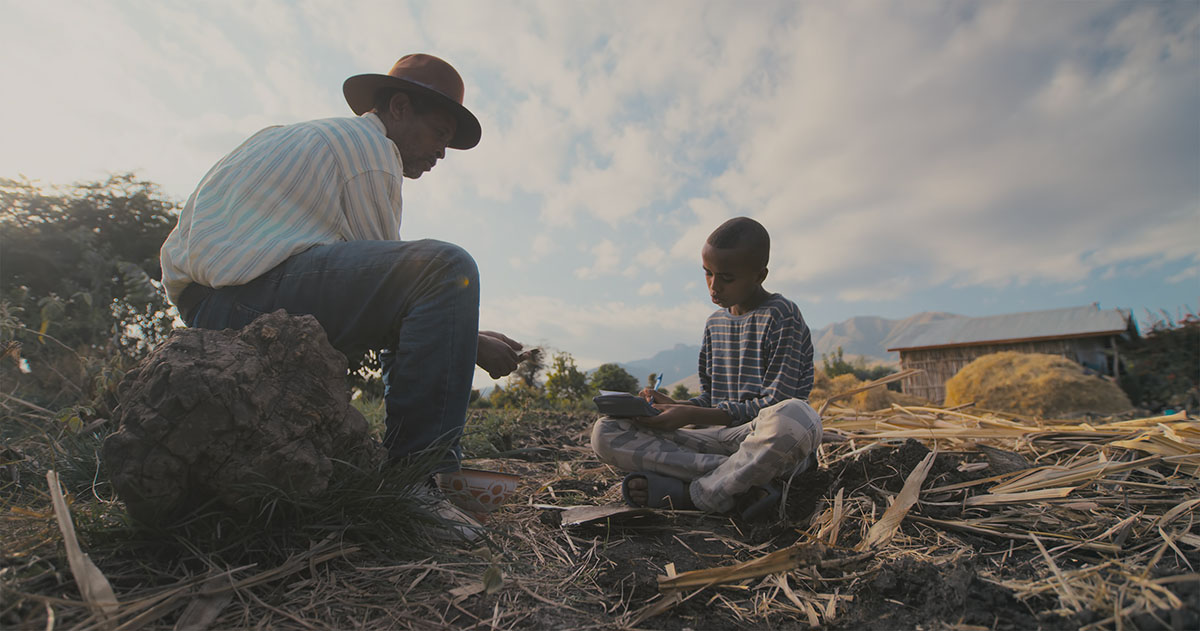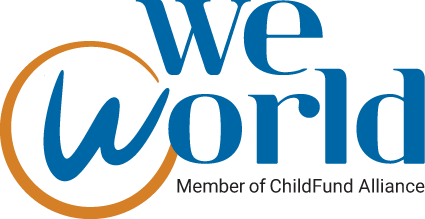Uncategorised

Policy Asks
1. Child Protection
To national government authorities:
1.1 Allocate a mandated ministry and/or lead agency to lead cross-governmental coordination to prevent online harms against children through awareness raising, education, and regulation.
1.2 Develop, strengthen, and enforce comprehensive laws that criminalize online child sexual exploitation and abuse acts (OCSEA) including, but not limited to sextortion, online grooming, and livestreaming of child sexual abuse.
1.3 Strengthen and resource existing child protection systems to incorporate online elements of violence against children and ensure that adequately resourced end-to-end social support services are available for all child survivors of online child sexual exploitation and abuse.
1.4 Allocate resources nationally during budget processes to develop training programs for parents and caregivers, frontline workers, and service providers on how to identify, report and respond to child online safety risks and suspected OCSEA.
To tech industry leaders:
1.5 Develop mandatory industry codes in consultation with young people to safeguard them online and protect them from age-inappropriate content across platforms and providers.
2. Child Participation
To national government authorities:
2.1 Prioritize resourcing for stable, wide- reaching, and affordable internet connectivity and reliable electricity infrastructure so that all children and young people have the access required to develop the necessary protective behaviors to stay safe online.
2.2 Adopt quality online safety curricula in formal and informal education settings and across urban and remote locations that develop core digital competencies (e.g., using privacy settings, understanding the permanency of online content) and good digital citizenship.
2.3 Create more community-based mechanisms for child safe disclosure and reporting of OCSEA, including parenting or youth groups linked to formal child protection systems.
2.4 Invest in dedicated development programs for children and young people that educate them about consent, healthy relationships and how to disclose abuse safely.
To civil society:
2.5 Conduct periodic research of children’s online experiences to inform policy, programming, and resourcing decisions. At a minimum, such research should document children’s levels of digital literacy and their family’s access to and use of digital technology.

During the last three decades, we have seen significant progress in advancing children’s rights to survival, opportunity, and protection, as well as their right to speak on matters affecting their lives.
A significant factor in improving the well-being of children and youth is digital connectivity. It has increased their access to information and learning resources, and has expanded opportunities for social and civic engagement. Conversely, however, the rapid expansion in digital technologies is exposing children to an increasing range of threats to their safety and wellbeing.
Globally, laws and policies to keep young people safe online are insufficient and inconsistent. This threatens children’s ability to access the positive benefits the internet offers, while also being protected from potential dangers.
As part of the Alliance’s FY22-25 Strategic Plan, Working Together to Address Emerging Threats to Children’s Safety, ChildFund has launched WEB Safe & Wise. This new initiative will focus on addressing the risks emerging in the digital environment, while empowering children and young people to become effective digital citizens.
Children and families throughout Ukraine are suffering greatly in the wake of Russia’s invasion. Hundreds of thousands have fled, an unknown number have been killed, and many remain in hiding following substantial shelling and bombing.
As Russia continues to strike key cities in Ukraine, the humanitarian cost of the invasion steadily increases. U.S. officials estimate such a large-scale attack could result in 50,000 casualties and displace up to 5 million people1. Imagine being a child swept up in this crisis.
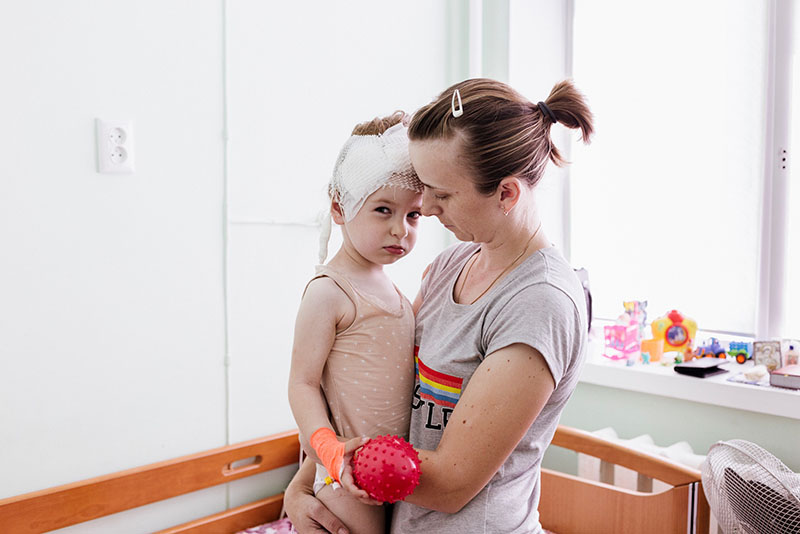 For almost 20 years, our member organization ChildFund Deutschland has worked in Ukraine and is now acting quickly to provide emergency aid to children and their families.
For almost 20 years, our member organization ChildFund Deutschland has worked in Ukraine and is now acting quickly to provide emergency aid to children and their families.
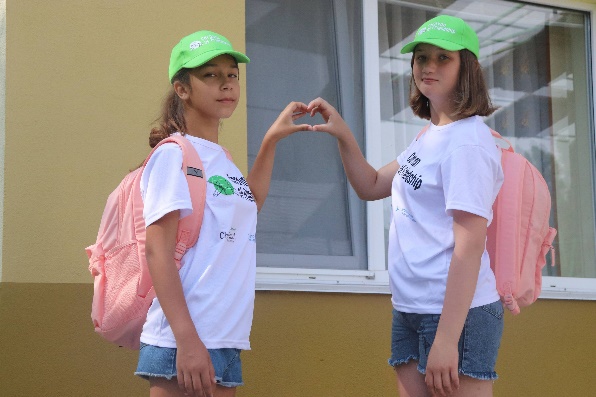 Since 2004, they have been supporting children going through cancer treatment, helping children from the state regulated regions of Donetsk and Luhansk recover from earlier war traumas, and organizing training classes in the eastern Ukrainian city Mariupol when poor hygiene during meal preparation interrupted learning when children fell ill. Now war is keeping them from attending school once again.
Since 2004, they have been supporting children going through cancer treatment, helping children from the state regulated regions of Donetsk and Luhansk recover from earlier war traumas, and organizing training classes in the eastern Ukrainian city Mariupol when poor hygiene during meal preparation interrupted learning when children fell ill. Now war is keeping them from attending school once again.
All members of ChildFund Alliance wish for a secure future, so children can once again go to school and live a life free from violence. Our members stand in solidarity with Ukraine and will continue to do so. Your support to ChildFund Deutschland will help them continue to deliver emergency relief and keep children safe as the crisis unfolds. You also can visit our member page with links to member websites to learn about their efforts to support children in Ukraine. Your help is much needed!
1 https://www.nytimes.com/2022/02/05/us/politics/russia-ukraine-invasion.html
Special school is a safe space for girls escaping gender violence
- by Patrice Zongo, communications manager, Burkina Faso
- / Uncategorised
Abibou shares how Children Believe helped her find new opportunities and a more fulfilling life in Burkina Faso
Helping kids advocate for their guardians and government to step up to keep them safe
- by William Anim-Dankwa, communications manager, Ghana
- / Uncategorised
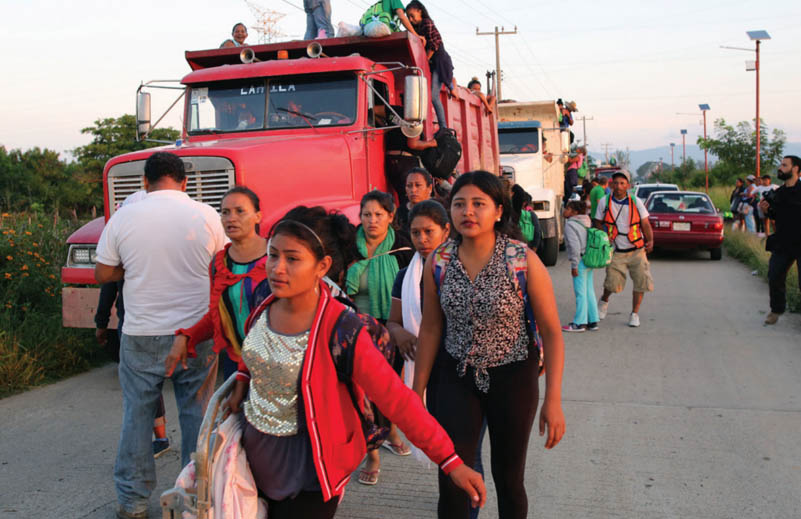
In 2017, the government of Canada and three ChildFund members launched a partnership to improve the conditions that are driving unaccompanied children to flee their communities and embark on a nearly 2,500-mile dangerous journey to the U.S. border.
Voluntary migration, particularly of unaccompanied children, presents a formidable crisis throughout the world and especially from the most at-risk communities in the three Northern Triangle countries of El Salvador, Guatemala and Honduras, as well as Nicaragua and Mexico.
All five nations are highly vulnerable to the root causes of irregular migration and have populations of children and youth at great risk of migrating. In a global survey of children and young people, more than 35% of Latino respondents said violence is the main cause of children fleeing their home country.
The Canadian government, together with ChildFund Alliance members Children Believe (formerly Christian Children’s Fund of Canada), Educo, and ChildFund International are working to address the root causes of voluntary migration of unaccompanied children in Central America through the joint project, Preventing Irregular Child Migration in Central America. The effort aims to mitigate the dangers faced by young people on the move, which include abuse, exploitation, and dehydration, by providing safe alternatives to children and youth and working to remove the conditions that drive them to leave their homes.
The $15.2 million (CAD) initiative targets 129 of the highest-risk communities in the Northern Triangle countries of El Salvador, Guatemala, and Honduras, as well as Nicaragua and Mexico.
Midway through the four-year initiative, ChildFund Alliance hosted a migration forum in partnership with UNICEF in December 2019 to discuss the causes of, and solutions to, irregular migration. More than 60 civil society, United Nations, and government representatives attended.
A few months later, in April 2019, ChildFund Alliance released the report, Early Learnings of PICMCA: A Promising New Approach to Preventing the Crisis of Child Migration in Central America. The report details the causes of irregular migration, the dangers faced by migrant children, and the PICMCA program’s early indicators of success.
Prevention Measures
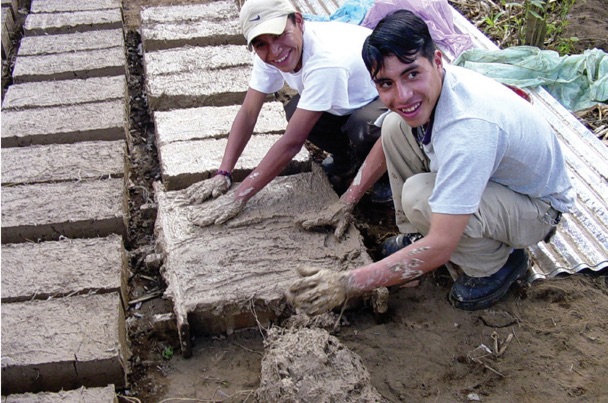
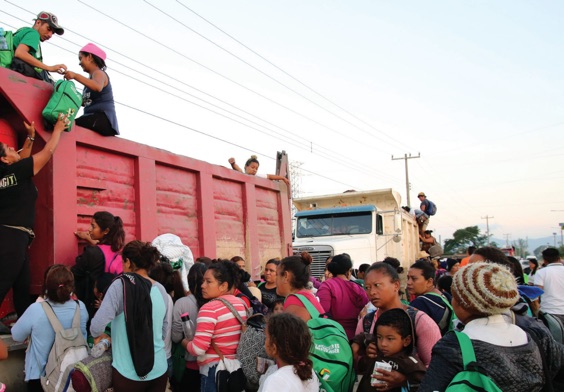
The project leverages prevention measures such as violence prevention training, safe spaces, skills development, stronger child protection services, and reforms to government policies and programs. It also brings together employability and prevention to provide youth with options other than migration, while empowering young people to drive improvements in their own communities.
As detailed in the report, PICMCA is making strong advances throughout the Northern Triangle. In its first two years, the project launched more than 30 new, community-based violence prevention programs and trained more than 1,600 national and municipal decision-makers, community leaders and NGO personnel in child protection and violence prevention. It also has been training children and youth with in-demand skills, establishing alternative education options for those who would otherwise drop out, and making investments in entrepreneurship, with seed funding for small businesses and mentorship programs.
To ensure the continued success of the program, project leaders from Children Believe, Educo and ChildFund International have formed partnerships with national and provincial governments, regional administrators, and nonprofit networks. The project’s leaders anticipate a quarter of a million individuals—including 130,000 children and youth—will benefit when the program concludes in early 2021.
Testimonials
“The Alliance supports PICMCA because it is working to mitigate the dangers faced by young people on the move, which include abuse, exploitation, and dehydration. If we provide safe alternatives to them, we can improve the lives of children and youth by removing conditions that drive them to leave their homes.”
- Meg Gardinier, Secretary General of ChildFund Alliance
“PICMCA is empowering young people to play a direct role in transforming their own communities from dangerous environments to safer, healthier places where children, youth and families can see a brighter future for themselves.”
- Patrick Canagasingham, former CEO, Children Believe
“When young people flee to other countries, we see a significant loss of human capital among those who could provide a strong boost to our own country’s economy. Our youth need measures that make them want to stay, rather than flee. PICMCA is providing them with safe options.”
- Alicia Ávila de Parada, Educo’s Country Director in El Salvador
Read more about the event
Read the press release
Read the full report
Watch our video


